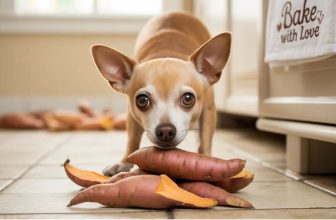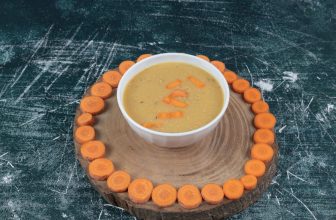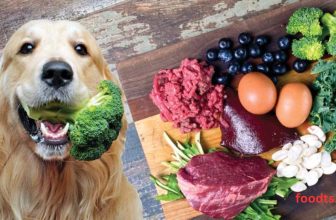Homemade Dog Food for Senior Dogs – Healthy & Safe
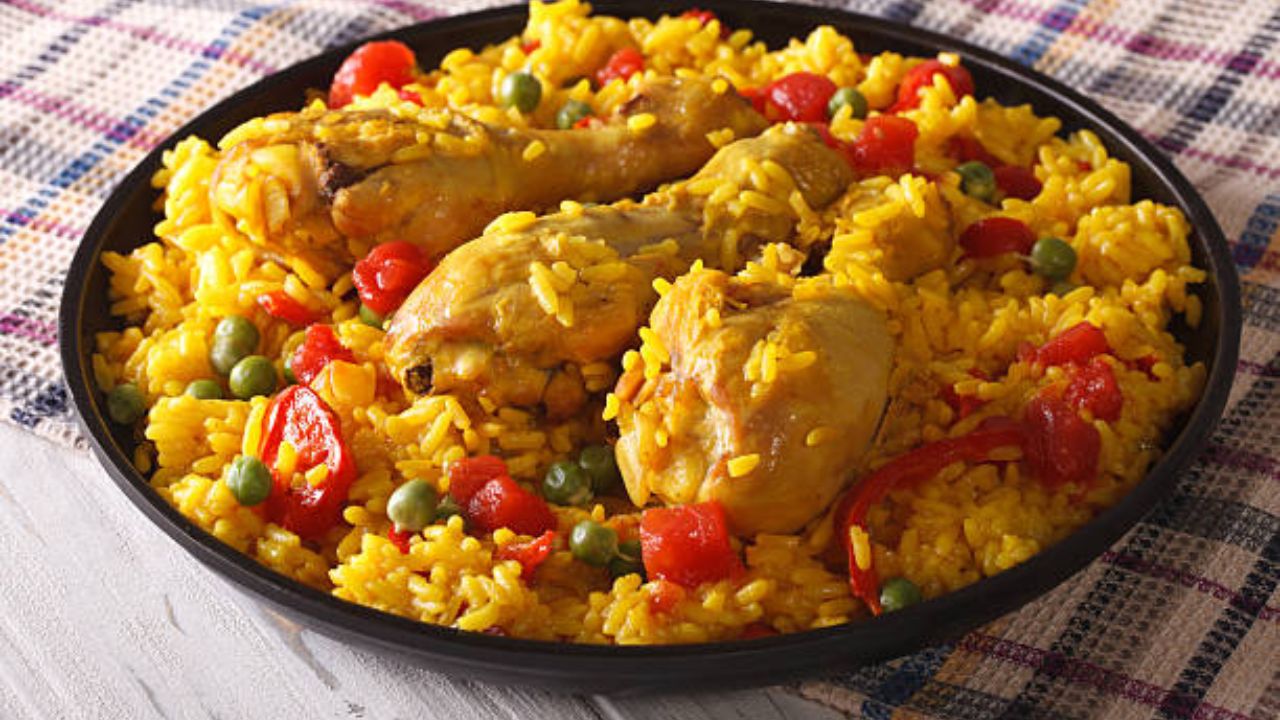
Are you seeking a way to provide your senior dog with the best possible nutrition? As our beloved pets age, their dietary needs undergo significant changes. You might notice your furry friend slowing down, losing appetite, or struggling with digestion.
Homemade Dog Food for Senior Dogs can be a transformative solution. It allows you to provide meals tailored to their age, activity level, and health conditions. With fresh, nutrient-rich ingredients, you can boost your pup’s energy, improve their coat, and support joint health.
This guide will help you create balanced, vet-approved meals that keep your senior companion happy, healthy, and thriving.
Benefits Of Homemade Dog Food
Many dog owners are turning to homemade meals for their senior dogs. These meals offer a chance to provide better nutrition. They can be tailored to meet the specific needs of older dogs. With homemade food, it’s easier to control ingredients and portions. This can lead to healthier and happier pets. Let’s explore the benefits of homemade food for senior dogs.
${example}
Understanding the needs of senior dogs is crucial. They often require fewer calories but more nutrients. Homemade meals make it easier to achieve this balance. Many commercial dog foods may lack these essential nutrients. Fresh ingredients can help maintain a dog’s energy and health. Plus, homemade food can be adjusted for any dietary restrictions.
Another benefit is improved digestion. Senior dogs might struggle with digestion as they age. Homemade meals can be gentler on their stomachs. Ingredients can be selected to avoid allergies and sensitivities. This can reduce issues like bloating or diarrhea.
Bonding time is another plus. Preparing meals can strengthen the bond with your dog. It’s a way to show care and attention. Dogs often enjoy these meals more. They tend to be more palatable compared to commercial options.
Nutritional Needs Of Senior Dogs
As dogs age, their nutritional needs change. Senior dogs often require a diet tailored to their specific needs. Homemade dog food can be a great option for senior dogs. It allows pet owners to control the quality and quantity of ingredients. Nutritional needs for senior dogs include a focus on protein, fiber, and essential nutrients. These nutrients help maintain their health and vitality. Creating a balanced diet at home can ensure that senior dogs get the nutrition they need.
Essential Nutrients
Senior dogs have specific dietary needs. Certain nutrients are vital for their health and longevity. Protein is essential to maintain muscle mass. As dogs age, they may lose muscle strength. Quality protein sources like chicken, turkey, and fish can help. Fiber is another crucial component. It aids in digestion and prevents constipation. Ingredients like brown rice and sweet potatoes are rich in fiber.
Omega-3 fatty acids support joint health and cognitive function. Fish oil or flaxseed can be added to their diet. Antioxidants are beneficial for immune health. Foods like blueberries and spinach are great sources. A balanced diet should include:
- Protein: Chicken, Turkey, Fish
- Fiber: Brown Rice, Sweet Potatoes
- Omega-3: Fish Oil, Flaxseed
- Antioxidants: Blueberries, Spinach
Providing these nutrients helps senior dogs stay active and healthy.
Common Deficiencies
Senior dogs can face nutritional deficiencies. These deficiencies impact their health and well-being. Calcium deficiency is common in older dogs. It can lead to bone issues. Including dairy or leafy greens can help maintain bone health. Vitamin deficiencies are also frequent. Vitamins E and B are crucial for skin and coat health. Adding eggs or lean meats can provide these vitamins.
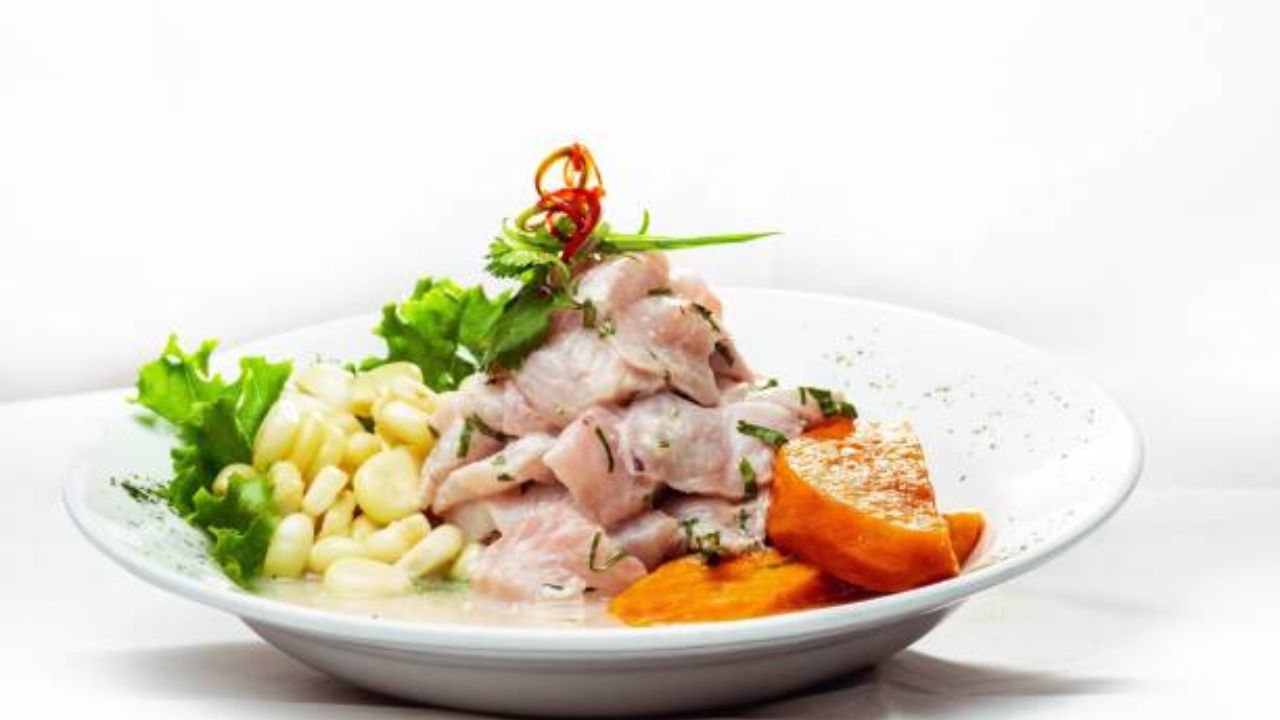
Iron deficiency might result in fatigue and weakness. Red meat or liver can supply the necessary iron levels. Zinc deficiency affects immune function. Foods like pumpkin seeds or whole grains are good sources. A balanced homemade diet should address:
- Calcium: Dairy, Leafy Greens
- Vitamins: Eggs, Lean Meats
- Iron: Red Meats, Liver
- Zinc: Pumpkin Seeds, Whole Grains
Ensuring these nutrients are in their diet prevents deficiencies.
Ingredients To Include
As dogs age, their dietary needs undergo significant changes. Senior dogs often require specific nutrients to maintain their health and vitality. Homemade dog food can be a wonderful way to cater to these needs, ensuring your furry friend gets the best possible care. By carefully selecting the right ingredients, you can create a balanced meal that supports their well-being. Here, we’ll explore the essential ingredients to include in homemade dog food for senior dogs.
Proteins
Proteins are crucial for maintaining muscle mass and overall health in senior dogs. High-quality protein sources should be a central component of their diet. Lean meats like chicken, turkey, and beef are excellent choices. These meats are easy to digest and provide essential amino acids. You can also include fish, such as salmon or sardines, which offer additional omega-3 fatty acids beneficial for joint health.
Consider adding eggs as they are a complete protein source and provide vitamins. Beans and lentils can be included for plant-based protein options. Ensure these are cooked thoroughly to avoid digestive issues. Here’s a simple table highlighting some good protein choices:
| Protein Source | Benefits |
|---|---|
| Chicken | Lean, easy to digest |
| Salmon | Rich in omega-3 fatty acids |
| Eggs | Complete protein, vitamin-rich |
Carbohydrates
Carbohydrates provide energy and aid digestion. Complex carbohydrates are preferable for senior dogs. Whole grains like brown rice and oats are ideal choices. They offer sustained energy and are rich in fiber. Fiber is beneficial for digestive health and can prevent constipation.
Sweet potatoes and pumpkins are excellent sources of carbohydrates. They are packed with vitamins and minerals. These ingredients are also gentle on the stomach. Avoid simple carbohydrates like white bread and processed foods. These can lead to weight gain and aren’t nutritious.
Incorporating vegetables such as peas and carrots can enhance the nutritional value of meals. Here are some carbohydrate options:
- Brown rice
- Oats
- Sweet potatoes
- Pumpkin
Fats
Fats are essential for energy and a healthy coat. Healthy fats should be included in a senior dog’s diet. Omega-3 fatty acids are particularly beneficial. They support joint health and reduce inflammation. Fish oil is a great source of omega-3s.
Coconut oil is another option. It can improve digestion and provide energy. Olive oil is good for a shiny coat and healthy skin. Avoid trans fats and excessive saturated fats. These can lead to obesity and other health problems.
Fats should be balanced with protein and carbohydrates. Here are some recommended fat sources:
- Fish oil
- Coconut oil
- Olive oil
Vitamins And Minerals
Vitamins and minerals support overall health and immune function. Calcium is important for strong bones. Include dairy products like yogurt or cheese in moderation. Vitamin A supports vision and skin health. Carrots and pumpkin are great sources.
Vitamin D helps with calcium absorption. Eggs and fish provide this nutrient. Iron is vital for blood health. Lean meats and spinach are rich in iron. Zinc and selenium are essential for immune function. Nuts and seeds can be added for these minerals.
Ensure a varied diet to cover different nutrients. Here’s a simple table of vitamins and minerals:
| Nutrient | Source |
|---|---|
| Calcium | Yogurt, cheese |
| Vitamin A | Carrots, pumpkin |
| Iron | Lean meats, spinach |
Ingredients To Avoid
Creating homemade dog food for senior dogs is a loving choice. Their dietary needs change with age. It’s crucial to provide them with the right nutrients. But some ingredients can be harmful. Understanding what to avoid helps keep them healthy. This guide highlights ingredients to avoid in your senior dog’s meals.
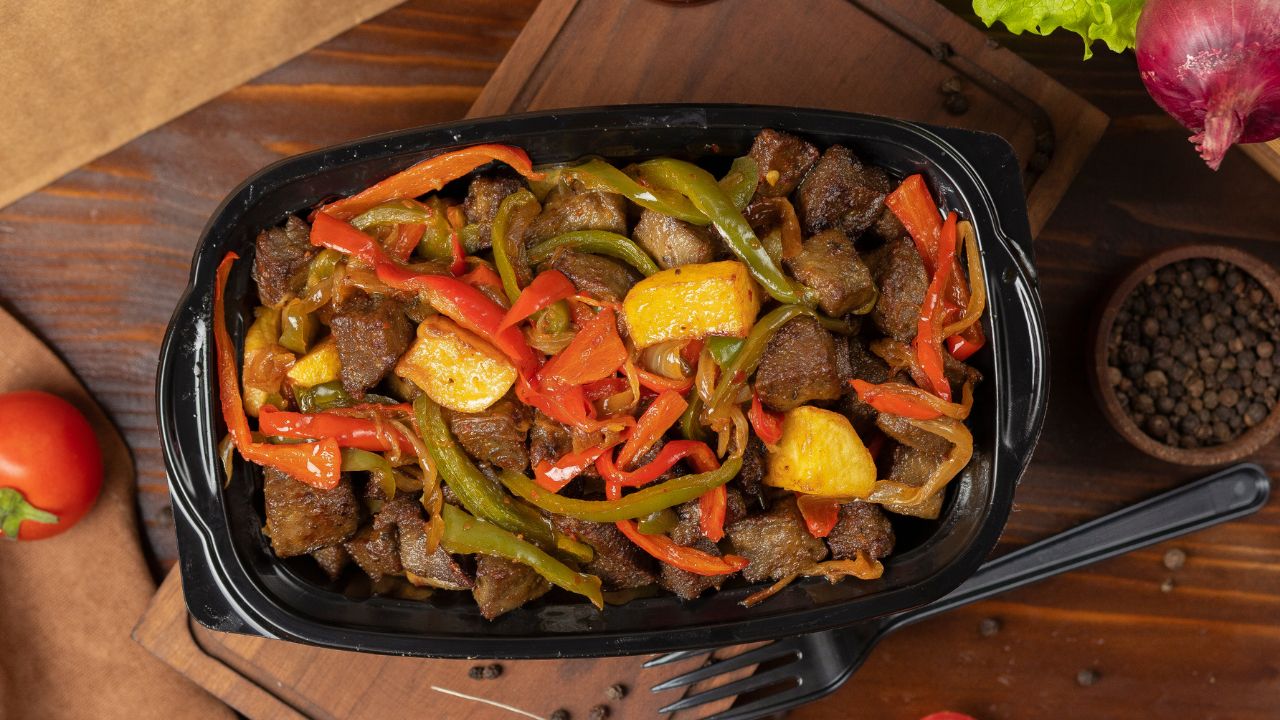
Toxic Foods
Some foods are harmful to dogs, especially older ones. Knowing these can save your pet’s life.
- Chocolate: Contains theobromine, which is toxic to dogs.
- Grapes and raisins: Can cause kidney failure.
- Onions and garlic: Damage red blood cells, causing anemia.
- Avocados: Persin in avocados can upset their stomach.
These foods might seem harmless to us. But they can have serious effects on dogs. Always keep them away from your pet’s meals. It’s a simple step, but it’s crucial. High Salt Content
Salt is essential, but too much is harmful. Senior dogs are more sensitive to salt.
| Food | Salt Content |
|---|---|
| Processed meats | High |
| Canned soups | High |
| Cheese | Moderate to high |
High salt can lead to increased blood pressure. It can also cause heart and kidney issues. Always check labels for salt content. Opt for low-sodium options when preparing meals.
Artificial Additives
Additives and preservatives make food last longer. But they can harm senior dogs. Their digestive systems are more delicate.
- Artificial colors: Can lead to allergies and hyperactivity.
- Preservatives: BHA and BHT are potential carcinogens.
- Flavor enhancers: MSG can cause headaches and upset stomachs.
Reading labels is crucial. Choose natural, additive-free ingredients. This ensures your senior dog eats healthier meals. They deserve the best in their golden years.
Easy Homemade Recipes
Feeding senior dogs requires special attention to their nutritional needs. As they age, dogs often face changes in metabolism and digestion. Homemade dog food can be an excellent option. It allows pet owners to control ingredients and ensure a balanced diet. Easy homemade recipes are simple to prepare and provide essential nutrients. These meals can improve health and vitality in older dogs. Incorporating fresh ingredients and avoiding preservatives is key. Let’s explore some delicious and healthy recipes for our beloved senior companions.
Chicken And Rice
Chicken and rice is a classic recipe that is gentle on the stomach. It’s perfect for senior dogs with sensitive digestion. Chicken is a lean protein and provides energy. Rice is a carbohydrate that is easy to digest. This recipe is simple and nutritious. Here’s how you can make it:
- Use one cup of cooked chicken breast, diced.
- Add half a cup of cooked white rice.
- Include a tablespoon of peas for fiber.
- Mix all ingredients thoroughly.
- Serve warm and fresh.
Ensure the chicken is fully cooked and the rice is soft. This meal is perfect for a dog’s daily nutrition. Protein from chicken supports muscle health, while carbs from rice give energy. Peas add necessary fiber and vitamins. This meal is balanced and ideal for senior dogs.
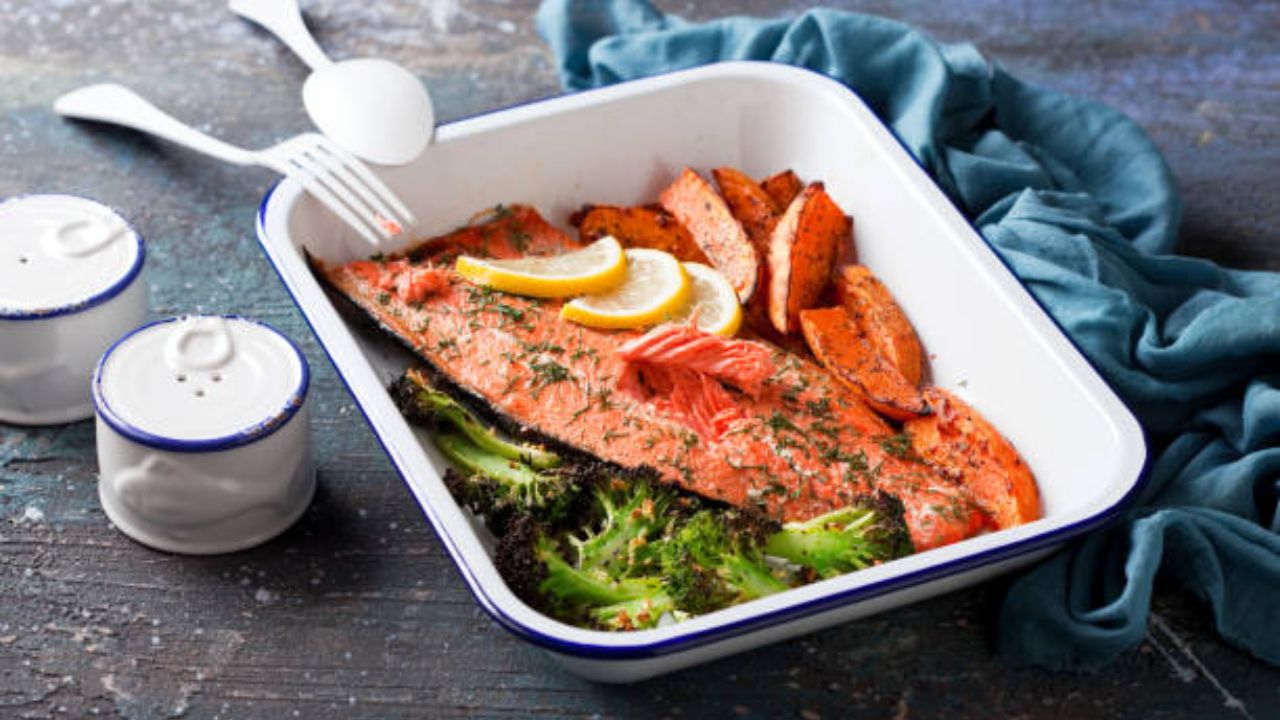
Beef And Vegetable Medley
Beef and vegetable medley is a hearty option that provides various nutrients. Beef is rich in protein and iron, essential for older dogs. Vegetables provide vitamins and minerals. This recipe is both satisfying and healthy. Here’s a simple way to prepare it:
- Use half a cup of lean ground beef, cooked.
- Add a quarter cup of chopped carrots.
- Include a quarter cup of green beans.
- Mix in a tablespoon of olive oil.
- Combine ingredients and serve.
Cook the beef until it’s brown and the vegetables until they are soft. This meal is packed with nutrients. Beef provides protein and iron, crucial for maintaining energy and health. Carrots and green beans offer fiber and vitamins. Olive oil enhances skin and coat health. This medley is perfect for a balanced diet.
Fish And Sweet Potato
Fish and sweet potato is a delightful recipe that offers omega-3 fatty acids. Fish is excellent for brain health and joint support. Sweet potato is high in fiber and vitamins. This dish is tasty and beneficial for senior dogs. Here’s how to make it:
- Use half a cup of cooked fish fillet, flaked.
- Add half a cup of boiled sweet potato, mashed.
- Include a teaspoon of flaxseed oil for omega-3.
- Mix ingredients thoroughly.
- Serve warm for best results.
Ensure fish is fully cooked and bones are removed. Sweet potatoes should be soft and easy to mash. This recipe provides omega-3 fatty acids, crucial for cognitive health. Fish offers protein and supports joint health. Sweet potatoes are rich in fiber and vitamins. Flaxseed oil adds extra nutrients. This meal is ideal for promoting vitality in senior dogs.
Portion Control
Creating homemade dog food for senior dogs can be a wonderful way to ensure they get the right nutrients. As dogs age, their dietary needs change, requiring careful attention to what they eat. Portion control becomes crucial, as older dogs often have slower metabolisms and reduced activity levels. Feeding them properly can help maintain their health and energy. Tailoring their diet can also address specific health issues that are common in senior dogs, like joint pain or digestive problems. Understanding portion control is key to keeping your senior dog happy and healthy.
Determining Serving Sizes
Figuring out the right serving size for senior dogs involves considering various factors. Age, weight, and activity level play a significant role in how much food they need. It’s essential to balance their caloric intake to prevent weight gain, which can lead to health problems. Here are some steps to determine serving sizes:
- Calculate daily calorie needs: Use your dog’s weight to figure out how many calories they need. Older dogs may require fewer calories than younger ones.
- Consider activity level: Less active dogs should eat smaller portions compared to those who are still energetic.
- Adjust for health conditions: Some senior dogs might need more or less food due to health issues.
- Consult a vet: Professional advice can help tailor a diet plan specific to your dog’s needs.
Below is a simple table to help guide portion sizes based on weight:
| Dog Weight | Daily Calories |
|---|---|
| 10 lbs | 200 – 400 |
| 20 lbs | 400 – 800 |
| 30 lbs | 800 – 1200 |
Portion sizes should be adjusted as needed. Regular monitoring helps keep your dog at a healthy weight.
Feeding Frequency
Senior dogs may benefit from more frequent, smaller meals rather than one or two large meals. This approach helps in managing their energy levels and digestive health. Feeding them at regular intervals can prevent hunger and maintain stable blood sugar levels. Consider the following feeding frequency guidelines:
- Twice a day: Most senior dogs do well with two meals a day. Morning and evening times can be ideal.
- Three times a day: For dogs with specific health needs, three smaller meals might be better.
- Consistency is key: Feed them at the same time each day to establish a routine.
Regular meal times can reduce stress and anxiety in older dogs. Always ensure fresh water is available alongside meals. Adjust feeding frequency as needed based on health and lifestyle changes.
Transitioning To a Homemade Diet
As dogs age, their nutritional needs undergo significant changes. Older dogs often require more care, especially with their diet. Homemade dog food can be a great option for senior dogs. It allows for customization and control over ingredients. Transitioning to a homemade diet can be beneficial, but it must be done carefully. This ensures the dog’s health and happiness. Let’s explore how to make this transition smoothly and effectively.
Gradual Changes
Switching to a new diet should be done slowly. Quick changes can upset a dog’s stomach. It’s important to introduce new foods gradually. This helps the dog adjust without digestive issues. Here are some steps to follow:
- Start by mixing a small amount of homemade food with their regular food.
- Gradually increase the homemade portion over a week.
- Monitor the dog’s reaction to new ingredients.
- Ensure the diet remains balanced with proteins, carbs, and fats.
This gradual process helps the dog’s digestive system adapt. It minimizes the risk of food rejection or allergies. Always include a variety of ingredients to provide essential nutrients. Consult a vet if unsure about the dog’s nutritional needs. Homemade dog food can be a healthy choice if done correctly.
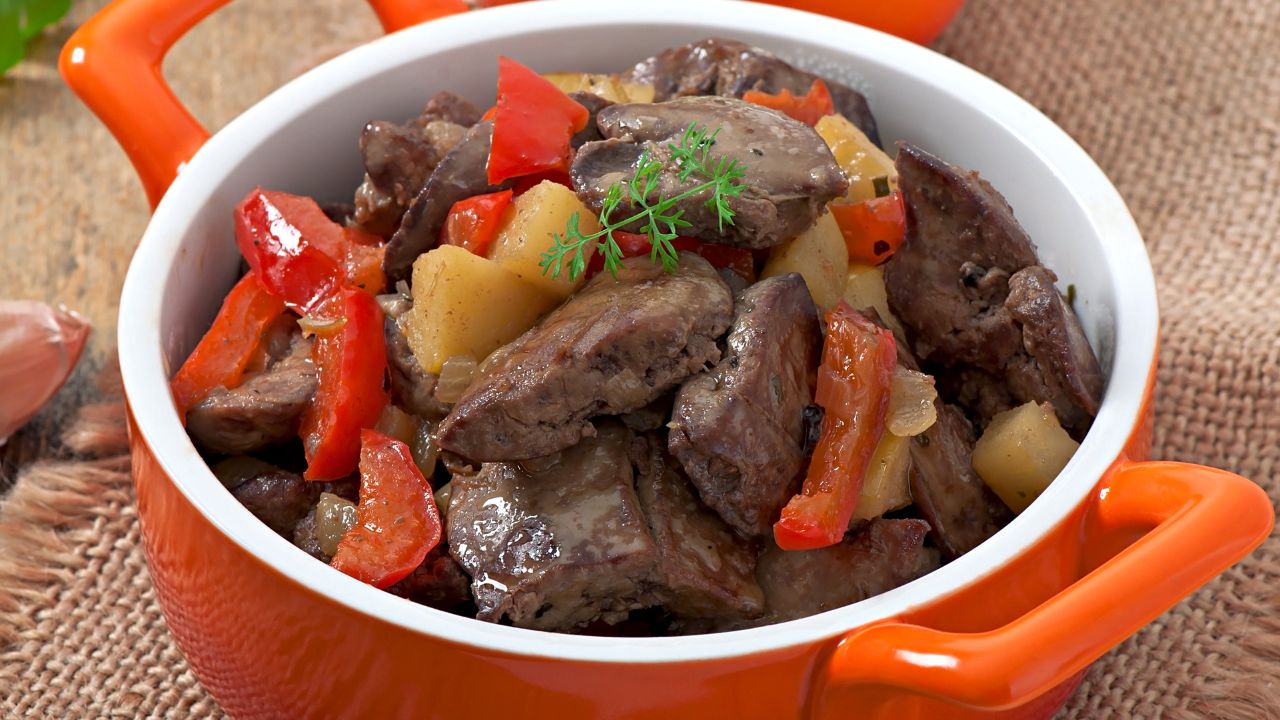
Monitoring Health
Once on a homemade diet, regular health checks are crucial. These checks help ensure the diet meets the dog’s needs. Watch for signs of health improvements or issues. Here are some things to monitor:
- Energy levels: Is the dog more active or lethargic?
- Weight: Check for any significant weight gain or loss.
- Coat condition: A shiny coat indicates good nutrition.
- Stool quality: Consistency can show how well the dog is digesting food.
Keeping a record of these observations can be helpful. It provides valuable information for discussions with a vet. Regular vet visits are important to ensure the dog’s health. A homemade diet requires attention to detail and commitment. With proper monitoring, it can greatly benefit a senior dog’s well-being.
Common Health Issues
Feeding senior dogs requires special attention. Their health needs change over time. A homemade diet can help meet these needs. Older dogs often face health issues. Adjusting their diet can improve their quality of life. Homemade dog food can address common health issues. Let’s explore how it helps with weight and digestion.
Weight Management
Senior dogs often struggle with weight. Both weight gain and loss can be problematic. Homemade food allows control over ingredients. This helps maintain a healthy weight. You can balance nutrients better at home. A few tips for weight management:
- Use lean meats like chicken or turkey.
- Include vegetables such as carrots and peas.
- Measure portions to avoid overfeeding.
- Monitor calorie intake carefully.
Older dogs may become less active. This means they need fewer calories. A homemade diet can adjust to these needs. Focus on high-quality proteins and low-fat content. This helps maintain muscle mass. And it reduces the risk of obesity. Keeping a dog’s weight in check supports overall health.
Digestive Concerns
As dogs age, their digestion can change. They may experience more sensitivities. Homemade food can ease digestive issues. It’s easier to digest and often more palatable. Ingredients you can use for better digestion:
- Brown rice for fiber and easy digestion.
- Pumpkin to help with bowel movements.
- Plain yogurt for probiotics and gut health.
Some dogs may develop allergies. Homemade food allows you to avoid allergens. You can eliminate ingredients that cause issues. This can result in fewer digestive problems. Focus on simple, whole ingredients. These are gentle on the stomach. A homemade diet can improve digestion and comfort for senior dogs.
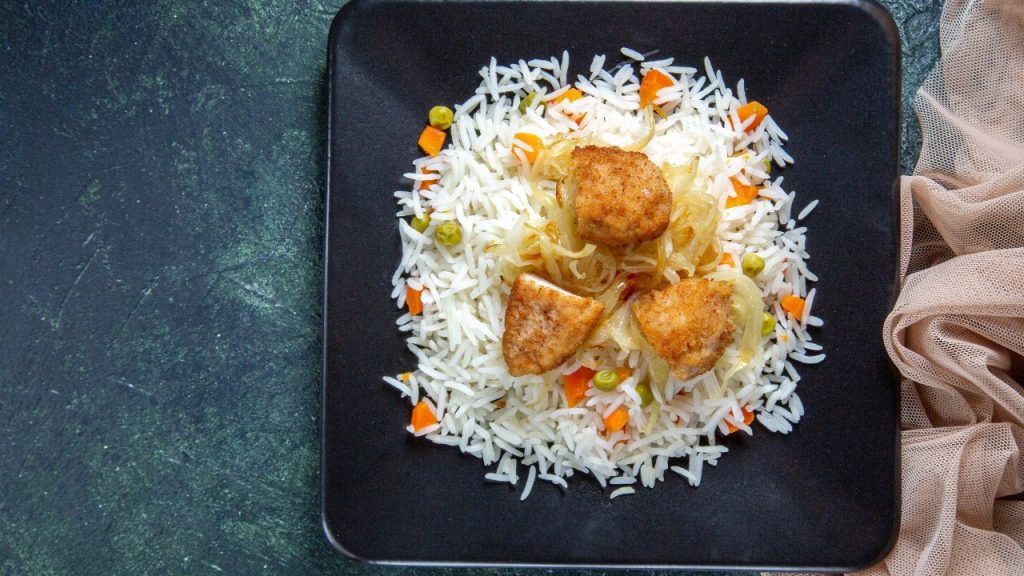
Consulting With Veterinarians
Creating homemade dog food for senior dogs can be a great way to ensure they get the nutrients they need. As dogs age, their nutritional requirements change. It’s crucial to consult with a veterinarian to understand these needs. Veterinarians can offer guidance on the best ingredients for your dog’s diet. Proper consultation ensures your beloved pet stays healthy and happy.
Understanding Nutritional Needs
Senior dogs have different nutritional needs compared to younger ones. They require more fiber and fewer calories. This helps maintain their weight and supports digestive health. Protein levels should be adjusted to support muscle maintenance. Knowing these requirements can help in crafting the right diet.
Importance Of Balanced Ingredients
Balance is key in homemade dog food. Ensure it contains proteins, fats, and carbohydrates. Include vitamins and minerals for complete nutrition. A balanced diet supports overall health and well-being. Consult a vet for advice on the right balance for your senior dog.
Common Ingredients To Consider
| Ingredient | Benefits |
|---|---|
| Chicken | High in protein, it promotes muscle health |
| Brown Rice | Good source of carbohydrates, aids digestion |
| Carrots | Rich in vitamins, improves vision |
| Spinach | Contains iron and supports the immune system |
Avoiding Harmful Foods
Certain foods can be harmful to senior dogs. Chocolate, grapes, and onions are toxic. These should be avoided at all costs. High-fat foods can lead to weight gain and health issues. Knowing what to avoid is just as important as knowing what to include.
Frequently Asked Questions: Homemade Dog Food for Senior Dogs
What Are The Benefits Of Homemade Dog Food For Seniors?
Homemade dog food is fresh and can be tailored for senior dogs’ needs. It’s often more nutritious.
How Often Should I Feed My Senior Dog Homemade Food?
Feed your senior dog twice daily. Consistent meal times support digestion and overall health.
Which Ingredients Are Best For Senior Dogs’ Homemade Food?
Lean meats, rice, and vegetables work well. Avoid spices and harmful foods like chocolate and onions.
Can Homemade Food Improve A Senior Dog’s Health?
Yes, homemade food can improve digestion, skin health, and energy levels. Tailor recipes to their needs.
How Do I Ensure Homemade Food Is Balanced?
Consult a vet or pet nutritionist. They can guide you in creating balanced meals for your dog.
Conclusion
Crafting homemade dog food can benefit senior dogs. You ensure healthy ingredients. Your love shines through each meal. Small changes make a big impact. Senior dogs need special care. Fresh food supports better digestion. It boosts energy and happiness. Cooking at home offers control.
Tailor meals to your dog’s needs. Experiment with tasty recipes. Keep meals balanced and nutritious. Your furry friend deserves the best. Homemade meals show you care. It’s rewarding for you both. Try it today. Your senior dog will thank you.




